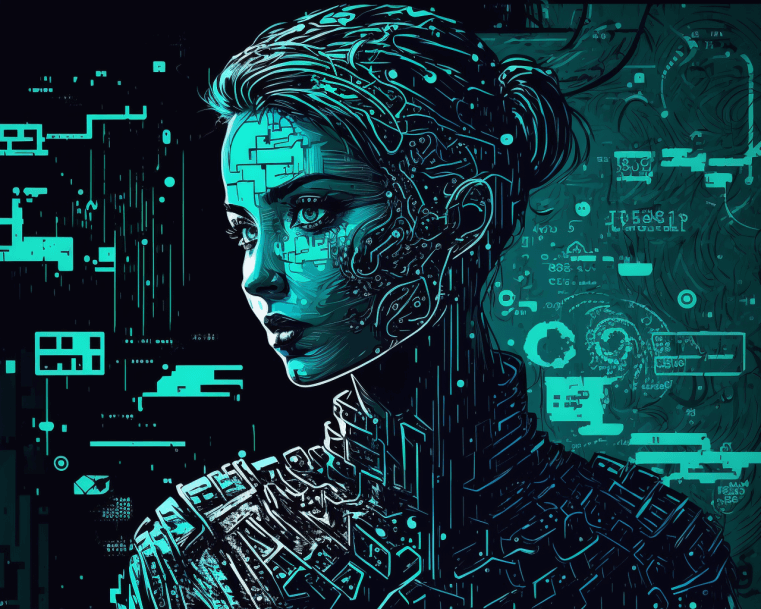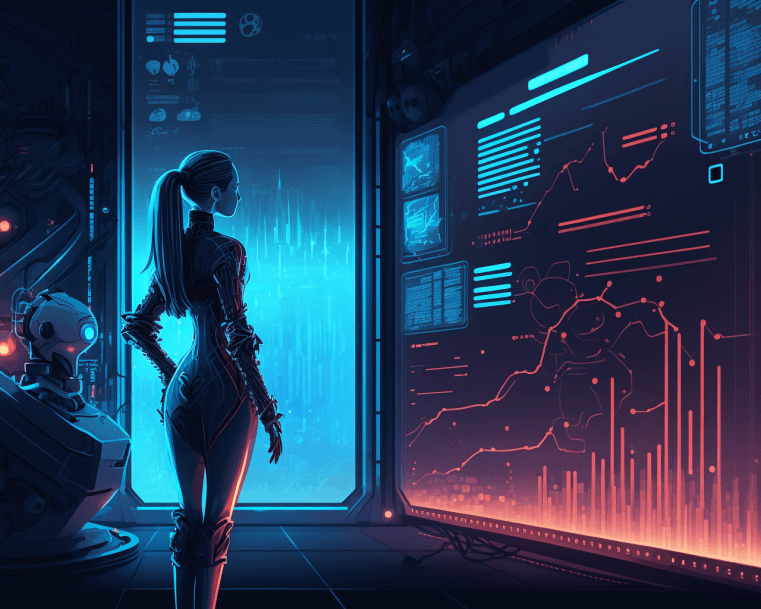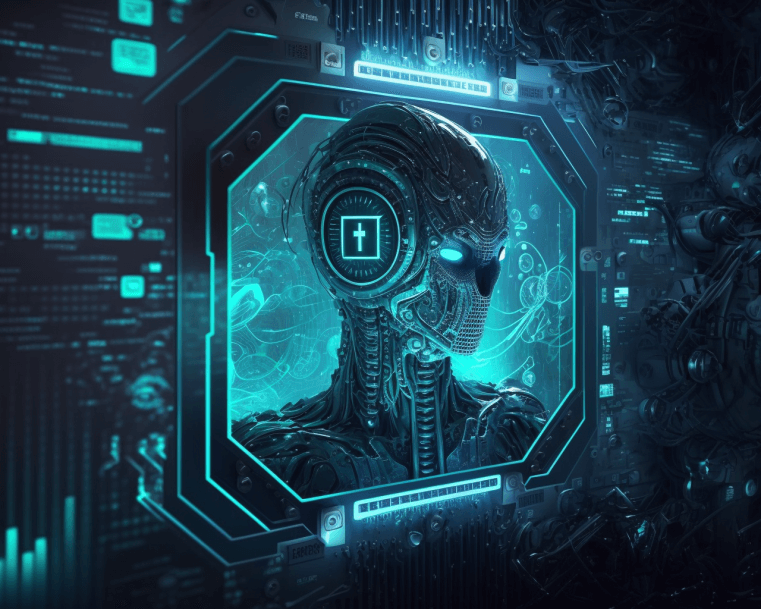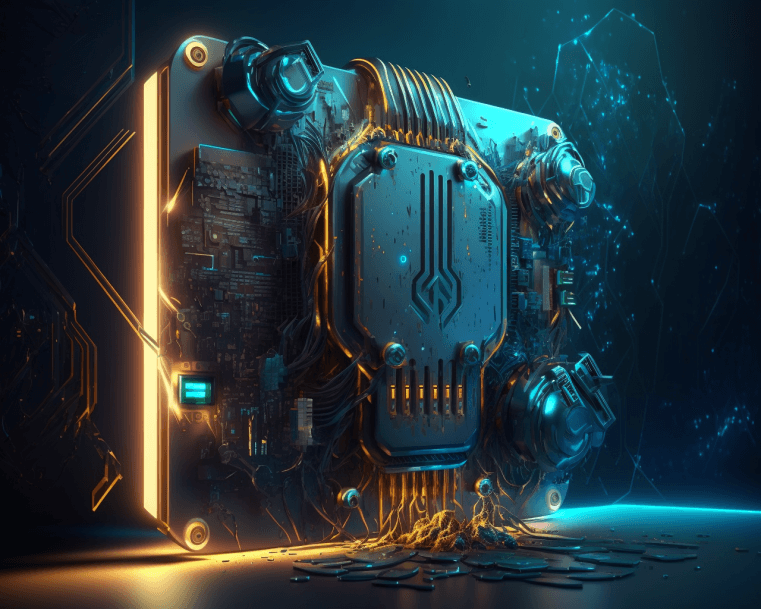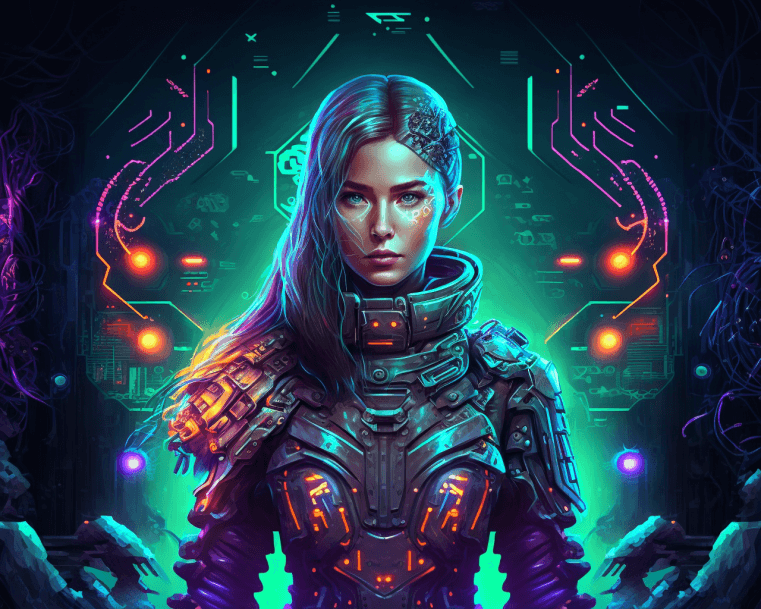



DeAI
DeAI(Decentralized AI), involves decentralizing the authority of AI systems, opening up their permissions to be managed by ordinary individuals rather than controlled by a single company. It advocates for various organizations that uphold the common destiny of humanity to collectively oversee all future AI systems. As AI becomes more powerful, human apprehensions increase, making decentralized AI a direction that resonates with people's desires.



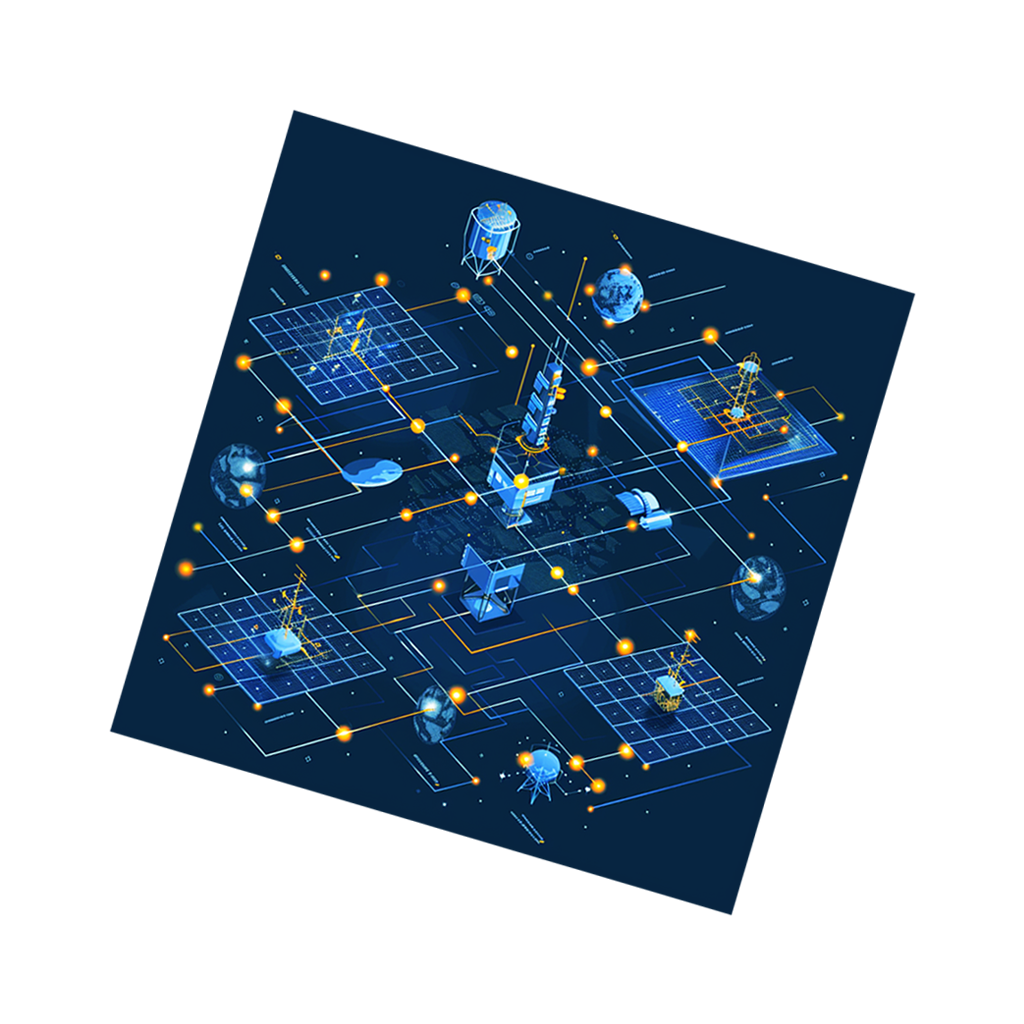
DeAI Open
 DeAI ID
DeAI ID
DeAI ID, or Decentralized AI Identity, serves as the identity credential for the future AI era, shared by both silicon-based and carbon-based life forms. In the future, as humanity confronts the reality of AI surpassing its own capabilities, with AI competing for jobs and navigating shopping malls alongside humans, the development of DeAI ID will become a crucial process.
 DeLink
DeLink
DeLink, the decentralized AI network, aims to achieve comprehensive decentralization in AI training (DeTrain), computing power (DeComputing Power), storage (DeStorage), production (DeGenerative), and supervision (DeSupervise). This approach ensures a more equitable utilization of AI to enhance productivity for humanity while simultaneously guaranteeing production safety and reducing life-threatening risks.
Around the year 2050, the implementation of the human migration to Mars plan is underway, and humanity is becoming a multi-planetary species. The challenge then becomes how to maintain communication and coordinate production between planets. The DeAI Network will utilize ion satellites to establish connections with networks on other planets, enabling multi-planetary communication and coordinated production.
 DeLink Chip
DeLink Chip
The DeLink Chip serves as a powerful processor and storage unit designed to support the entire DeAI ecosystem.
 DeAI Meta
DeAI Meta
In the process of constructing the metaverse, artificial intelligence (AI) not only drives the development of other key technologies such as human-computer interaction, communication, and robotics but also directly participates in content creation, bridging the gap between the real and virtual worlds. On the supply side, AI accelerates the creation of a vast array of diverse virtual scenes, objects, and characters, making virtual interactions more human-like. On the demand side, the metaverse provides AI with a variety of "training grounds," fostering the maturity of artificial intelligence technologies. As VR and MR devices continue to evolve, spatial computing becomes the bridge leading us into a three-dimensional immersive network world, connecting various augmented and virtual reality applications. DeAI contributes to the metaverse by employing decentralized data encryption storage to protect user privacy, seamlessly integrating into the metaverse environment. Similar to scenes in Marvel movies, with the assistance of DeAI Metaverse and MR technology, users can wear MR glasses for interactive experiences in physical space, enabling functions such as information retrieval and control panels.

Road Map




Upcoming Apps
